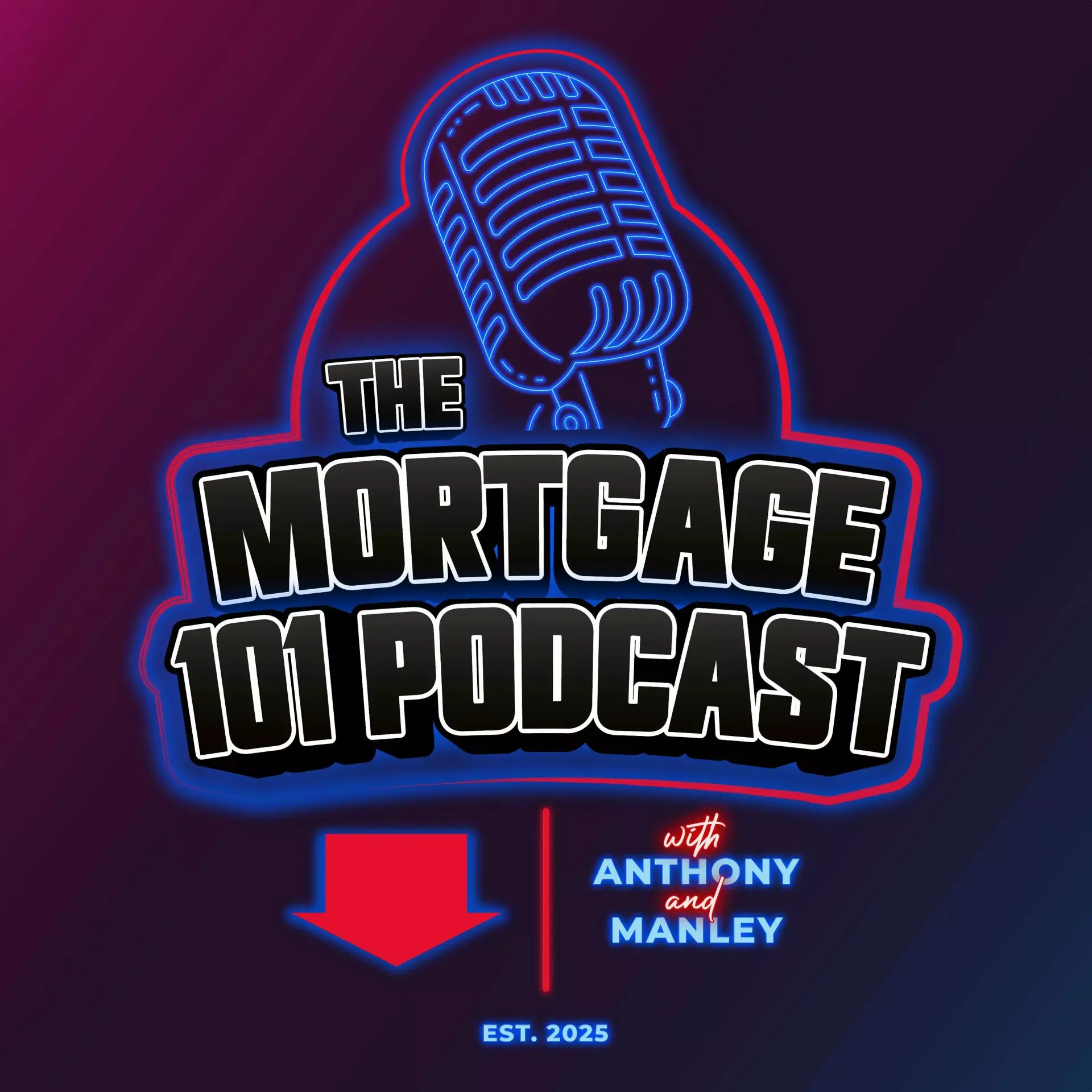The Biggest Lie in Real Estate: STOP Buying Houses! | The Mortgage 101 Podcast Ep. 21
In Episode 21, hosts Anthony and Manley, joined by guest host Kyle Draper, challenge listeners to rethink homeownership by distinguishing between buying a house (math-driven) and a home (driven by a personal "why" like family, stability, or wealth). With 30-year fixed rates at 6.56% (lowest in 10 months) and pending home sales up 1.6% year-over-year, they argue now is the best time in centuries to buy a home, but the worst to buy just a house.
The episode emphasizes defining your "why" before the math, using examples like prioritizing a big kitchen or yard for family needs. A buzzword segment demystifies terms like LLPA and escrow, while a rate tracker and a call to share your "why" for a signed book by Kyle round out the episode.
Listen to the full episode: https://youtu.be/JUxdQbVHcj0
[00:00] Welcome to Mortgage 101: Episode 21
Anthony: Here’s the unspoken truth: you shouldn’t buy a house.
Manley: Wait, what? A mortgage podcast saying don’t buy?
Anthony: Buying a house is just math—rates, payments, square footage. Buying a home is about meaning, your "why."
Kyle: Right now is the best time in centuries to buy a home, but the worst to buy just a house. Math shifts weekly; your why is permanent.
Manley: Welcome Kyle Draper, our guest from Dallas, here to rethink homeownership with us.
[01:51] House vs. Home: Define Your Why
Anthony: A house is numbers; a home is your why—family, freedom, stability, wealth. Without a why, the market defines it for you.
Manley: Math says you can afford it, but it won’t comfort you when rates rise or the roof leaks. Your why gives you passion to push through.
Kyle: Like social media, metrics are math, but meaning drives action. The right why makes hard math worth it.
Anthony: Example: Two buyers, same $400,000 loan. One buys a house, sees payments as punishment. The other buys a home for family stability, stretches 20% higher, and wins with equity and appreciation when rates fall.
[06:14] Why Math Alone Betrays You
Manley: Rates are at 6.56%, the lowest in 10 months. Pending home sales are up 1.6%. The Fed’s softening, with a fall rate cut likely.
Anthony: But buying just because the math works is dangerous. Only your why confirms if a home is your destination.
Kyle: For me, it’s a big kitchen for entertaining and a yard for my kids, even if it costs more. My wife’s happiness outweighs the spreadsheet.
Manley: Align your why with your partner’s. Mismatched whys—like math vs. lifestyle—lead to regret.
[07:17] Practical Path Forward
Anthony: Before shopping, write down your why. Test the math against it.
Manley: If stability’s your why, choose a fixed-rate mortgage. If it’s wealth, buy for equity growth. Let math defend your why, not define it.
Kyle: For lifestyle, an adjustable-rate mortgage (ARM) might work. For stability, a 40-year fixed term lowers payments without higher interest.
Anthony: Work with lenders to align your why with the numbers, balancing budget and purpose.
[11:47] Economic Snapshot
Manley: 30-year fixed rates are at 6.56%, the lowest in 10 months. Pending home sales rose 1.6% year-over-year.
Anthony: The Fed’s language is softening; a rate cut is likely this fall. Define your why now, before the math shifts again.
Kyle: Don’t let market waves define your destination. Your why keeps you grounded.
[12:32] Buzzword Breakdown
Ryan: Five intimidating mortgage terms, rethought!
Loan Level Price Adjustments (LLPA) (Anthony)
Anthony: Not a banned additive! LLPAs are risk adjustments based on credit score or down payment, minimizing market volatility.
Adjustable Rate Mortgage (ARM) (Manley)
Manley: Fixed for a period (e.g., 5 years), then adjusts annually over 30 years. Only worth it if the rate gap (e.g., 6.5% fixed vs. 5.5% ARM) justifies the risk.
Debt-to-Income Ratio (DTI) (Kyle)
Kyle: Your income vs. debt balance. Lower DTI means more financial freedom.
Discount Points (Anthony)
Anthony: Fees to buy down your rate, not lender profits. Ask if the cost (e.g., $5,000) saves enough over time, especially if refinancing is likely in 2 years.
Escrow (Manley)
Manley: Monthly savings for taxes and insurance, divided from annual bills (e.g., $900 insurance = $75/month), ensuring funds are ready when due.
[19:11] Rate Tracker: September 2025 Update
Anthony: 2025 30-year fixed rates: January 6.65%, February 6.55%, March 6.25%, April 6.20%, May 6.20%, June 6.35%, July 6.50%, August 6.40%, September 6.56%.
Manley: Rates are bumpy but trending down, with upper 5s for VA and low 6s for FHA/conventional. A Fed cut is imminent, potentially hitting 5.5% soon.
Kyle: Don’t wait for perfect math. Your why lasts; lock in when ready.
[21:45] Final Thoughts
Manley: Don’t buy a house that fits a spreadsheet—buy a home that fits your why.
Kyle: Share this episode with friends to help them buy homes, not houses. Like, subscribe, and comment your why for a signed copy of my book, Rethink Everything You Know About Social Media.
Anthony: Align your why, act now, and win with equity and meaning.
[23:07] Knock-Knock
Anthony: Knock, knock.
Kyle: Who’s there?
Anthony: Rethink.
Kyle: Rethink who?
Anthony: Rethink your why before you buy a house.
FAQ
Why distinguish between a house and a home?
A house is math (rates, payments); a home is your why (family, stability, wealth). The why drives long-term satisfaction, while math alone leads to regret.
Is now a good time to buy in 2025?
It’s the best time in centuries to buy a home if your why is clear, with rates at 6.56% and a likely Fed cut. But it’s the worst time to buy just a house based on math alone.
How do I define my why?
Write down your priorities (e.g., family stability, wealth building, lifestyle). Discuss with your partner to align goals, then test the math against your why.
What’s an adjustable-rate mortgage (ARM)?
Fixed for a set period (e.g., 5 years), then adjusts annually. It’s only worth it if the rate gap vs. a fixed mortgage (e.g., 1%) justifies the risk.
Listen to the full episode: https://youtu.be/JUxdQbVHcj0

